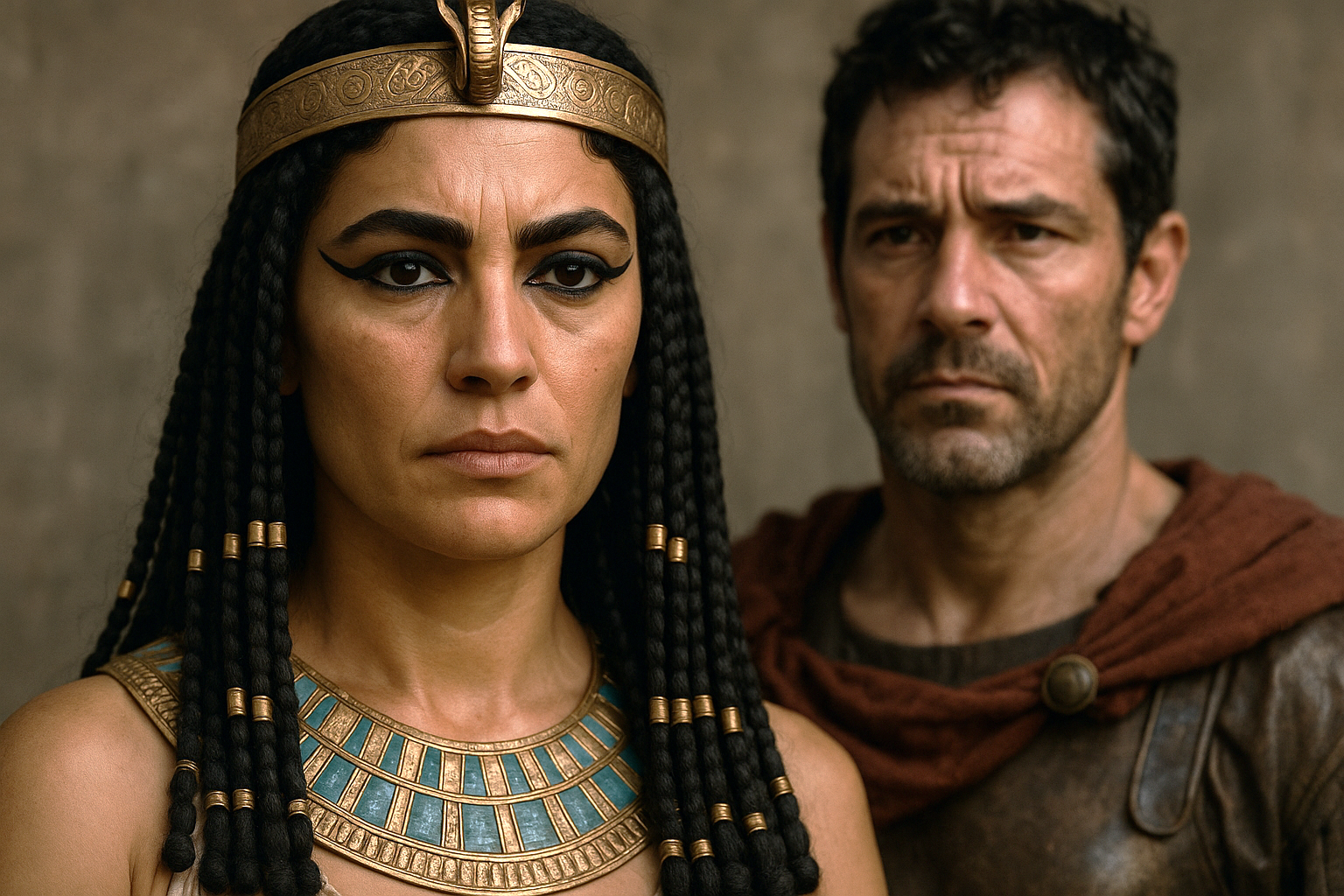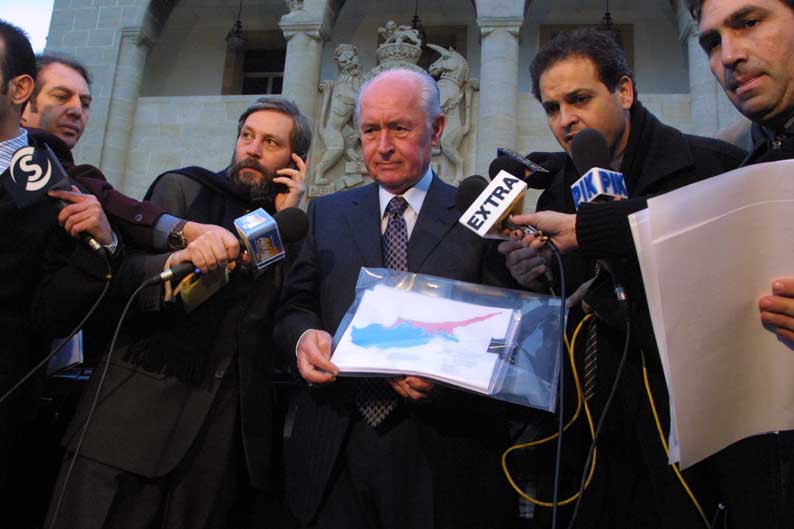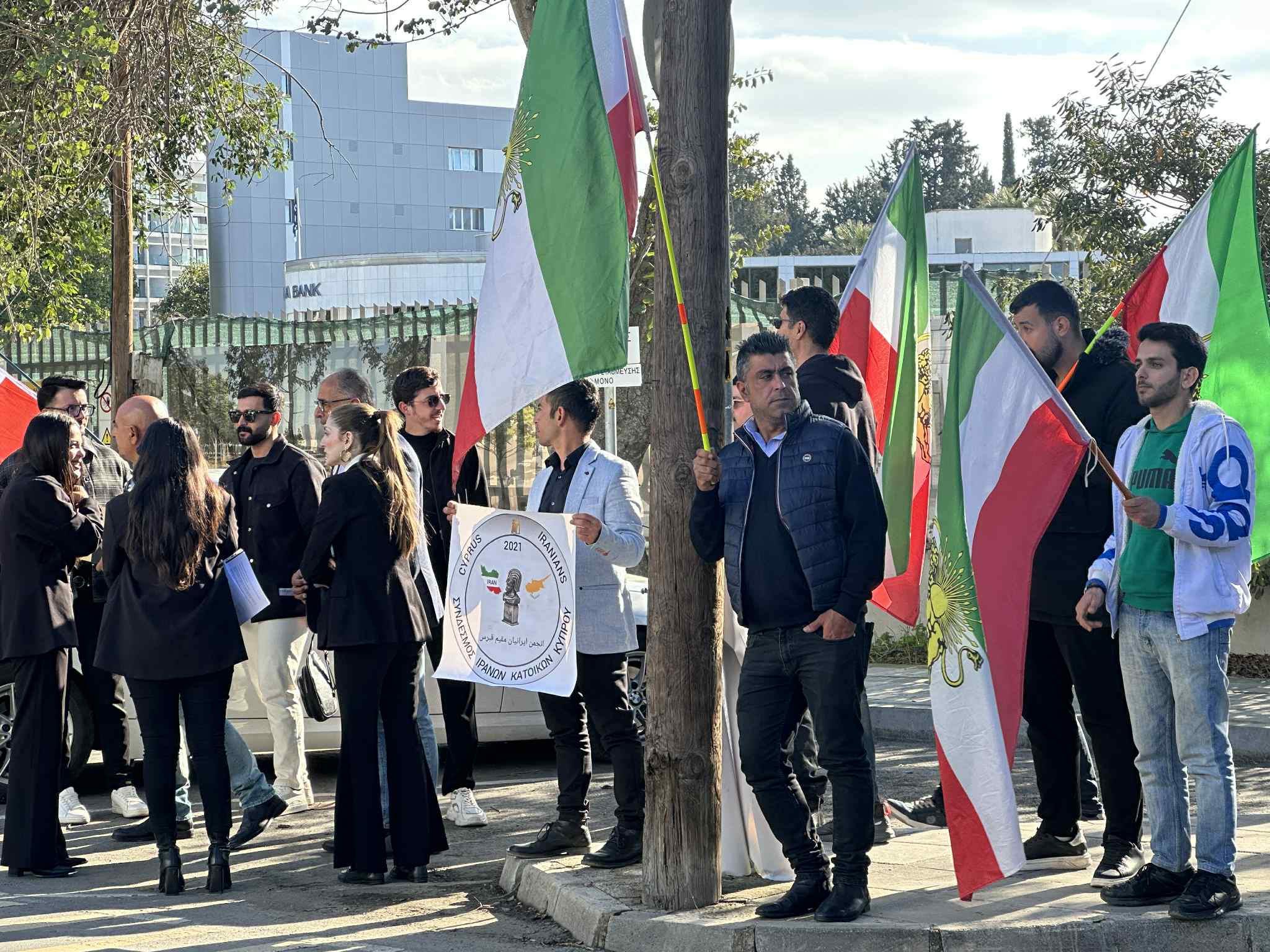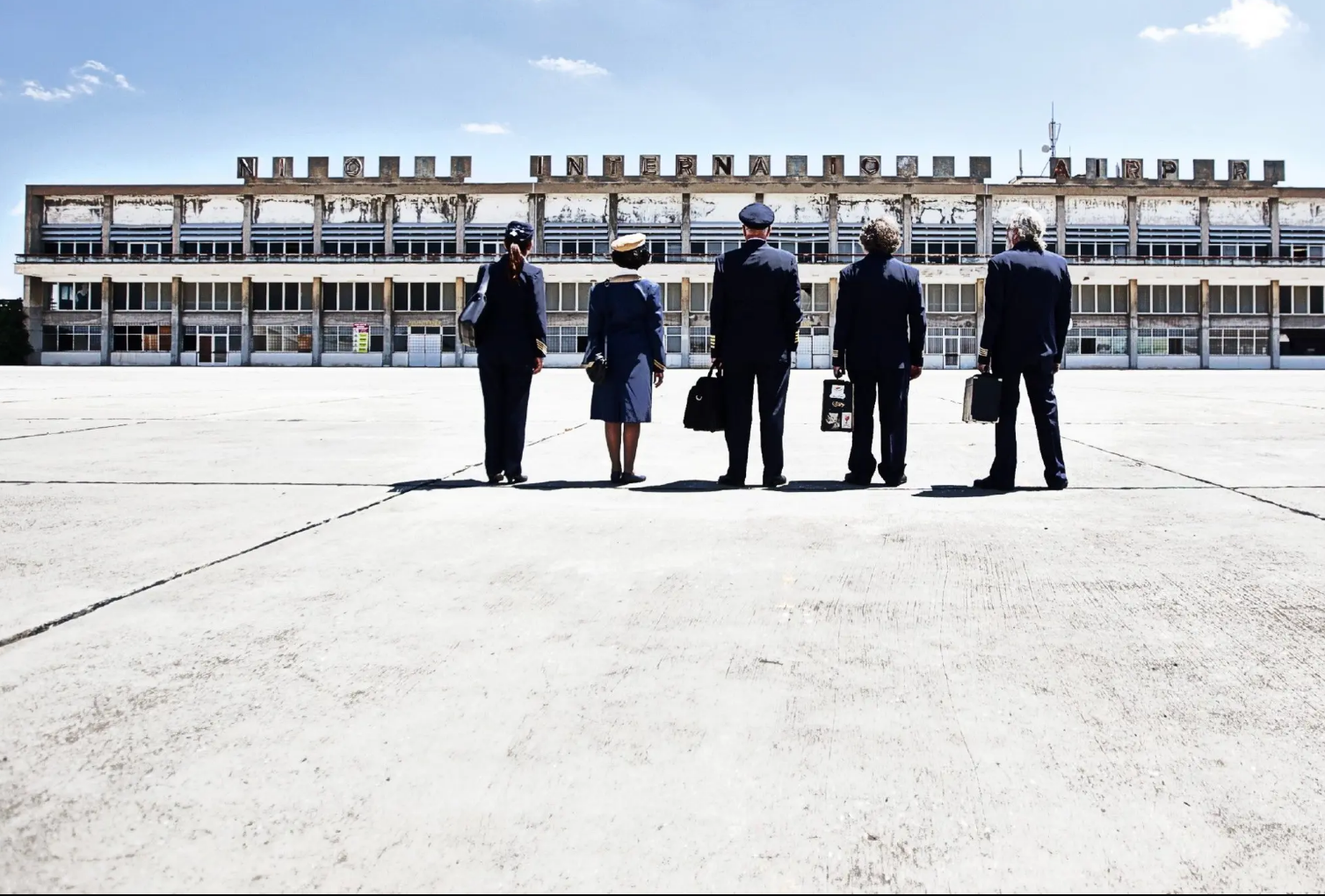‘You’re standing in the ruins of an empire built on power, undone by greed, lust, pride’
“Cyprus has always been a prize,” says Hari. “A pawn. A symbol of power, politics and passion.
“There’s a pattern here: a pattern that’s been played out for thousands of years, in palace halls and political back rooms, on bloodstained maps and diplomatic telegrams…”
To those of us who know the island, Cyprus is days at the beach and nights on the veranda. It’s gran’s village, halloumi and watermelon, a hundred shades of blue and green and gold. It’s home.
Yet, to the rest of the world, our island has been everything from strategic outpost to coveted resource to sun-soaked escape. Seen for what it can offer. What it can do. What it’s worth.
Because the story of Cyprus is not just a story of a place. It’s a story of what people do to places.
For thousands of years, Cyprus has been spoken of in the language of power. Carved into maps by those who never visited. Passed from ruler to ruler like a gift. Even Shakespeare took up the thread: 400 years ago, in Othello, Cyprus – a wild, windswept outpost – was portrayed as a tool in someone else’s war.
“But in Antony and Cleopatra, Shakespeare takes it even further,” says Hari. “Cyprus isn’t just where things happen – it’s what happens. It’s a political gift. A symbol. A betrayal: ‘He hath made her of Egypt, Cyprus, Syria, Lydia, absolute queen’.”
The moment Antony offers Cyprus to Cleopatra, the world shakes. “This,” says Hari, “is a turning point. A man choosing love over loyalty. A state becoming a gift. And Cyprus, always Cyprus, in the middle of it…”
At just 25, Hari Rich is one of the youngest directors ever to take on the annual Shakespeare at Curium. But she follows a long family tradition: her father, brother and mother have all been involved with the productions for years. She herself has helped backstage, produced, supported. And now, she’s stepping into the spotlight.
Set to be performed on June 19, 20 and 21, Shakespeare’s Antony and Cleopatra will be Hari’s directorial debut. And while it’s her first time in charge, she brings not just a fresh energy to her role, but also a deep understanding of the region’s history, and a sensitivity to the forces that have shaped it.
“I’ve lived in Cyprus almost my entire life, studied its history in depth,” she says. “The patterns of the past repeat: territory, control, outside interests. Played out over millennia, in power and perception, in fact and fiction.”
For the fictional Antony and Cleopatra (based, of course, on historical fact), Hari has chosen the early 1900s rather than the more usual Elizabethan era for her setting. It’s a clever decision: anchoring the story at the height of empire mirrors the era of the action itself – both worlds on the cusp of collapse; old powers clinging to control; the future being redrawn.
“In the 1900s, things may have seemed orderly on the surface,” Hari suggests. “But there was great tension underneath: fragile alliances, growing unrest, diminishing control. It’s the same thing that was happening in Cleopatra’s time: a world on the brink. Beautifully gilded, but cracking underneath.”
At its heart, Antony and Cleopatra is a story of divided loyalties – between power and passion, duty and desire, East and West. It follows general Mark Antony, torn between the political pull of Rome and the intoxicating world of Cleopatra, Queen of Egypt. Their love is both real and ruinous. What begins as seduction turns into strategy, and ultimately, self-destruction.
“It’s one of Shakespeare’s richest emotional landscapes,” says Hari, “set in one of the most beautiful regions in the world. You’ve got two people who are powerful in public but completely vulnerable in private. And though they want to rule the world, they can’t even rule their own impulses!”

Anthony is torn between duty to Rome and desire for Cleopatra; Cleopatra between her love for Antony and loyalty to Egypt. And in trying to have both, the two protagonists risk losing everything.
“There’s so much drama,” Hari says. “Love for country vies with love for a person; situations mirroring each other. And it causes everything to fall apart…
“But where better for it to all come undone than Cyprus?” she smiles. “In a Roman amphitheatre carved into a Mediterranean hillside in the very region where the real Antony once held power, and where Cleopatra once ruled!”
This isn’t just staging. It’s the place where Antony’s empire starts to crumble. Where Cleopatra’s theatre of control collapses into grief. And where, under the stars, our island is more than a backdrop. It’s a crossroads. A catalyst. A prize.
“You can feel the past here,” Hari says quietly. “You say these lines and they echo through the centuries. You’re standing in the ruins of an empire built on power, undone by greed, lust, pride.
“Yes,” she concludes quietly. “This is a play. A script written 400 years in the past. But it’s also something else. A reminder, perhaps, that Cyprus has always been more than a place, more than just a setting. It’s the ultimate prize in a story – a story that has repeated itself throughout time.”
For more information and tickets, visit shakespeareatcurium.com. The annual Shakespeare at Curium takes place on June 19, 20, 21 and is organised by Performing Arts for Cyprus Charities. The committee is currently seeking a director for the 2026 Shakespeare at Curium production







Click here to change your cookie preferences